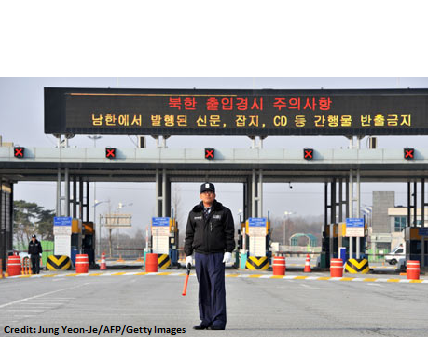What would happen if two economies at extremely different stages of development, such as North and South Korea were to suddenly become integrated? Since its separation in 1945, South Korea has developed into a prosperous free market economy while North Korea has stagnated under its autocratic communist regime. Currently, South Korea’s national GDP is nearly 30-40 times larger than North Korea’s. Thus, reunification would cause massive disruptions along the entire economic spectrum: GDP and unemployment, sectoral composition, income inequality, and intergenerational mobility. While there have been some attempts at projecting a reunification scenario and identifying the necessary policies, they are either descriptive ideas focusing more on the political rather than economic ramifications, or uninformative reduced-form exercises based on aggregate statistics. This project aims to create a micro-founded model to more accurately assess which policies create a supportive environment for South Korean and foreign firms to locate in the North and employ the local labour, and provide the much-needed credit and training to would-be North Korean entrepreneurs.
The researchers will construct a structural model to simulate counterfactual scenarios, and will check the validity of their model by re-estimating the German reunification and verifying that the model transition path of a unified Germany mimics historical data. Once confident of their model, they will simulate the Korean reunification scenario and various policies to quantify the gains and losses according to a given welfare scenario. To address the dearth of data on the North Korean economy, the research team has identified three promising sources that provide a window into the micro-level characteristics of the North Korean economy. They will survey North Korean refugees in South Korea, collect data on South Korean firms participating in the Kaesong Industrial Complex (an area in the North Korean city of Kaesong where South Korean firms provide inputs and hire local North Korean workers), and collect data on trade between China and North Korea.
Quantitative economic work on North Korea is virtually non-existent, even though a contingent unification plan is a top priority of the South Korean government, as well as think tanks of nations with economic interests in the Korean Peninsula. The data this project provides will be of extreme value to all such researchers and government agencies. Further, the project will aim to abate the excessive reliance of studies on the German unification experience by constructing another rich and useful framework for policy consideration that incorporates the frontier of micro-founded macroeconomic research.







